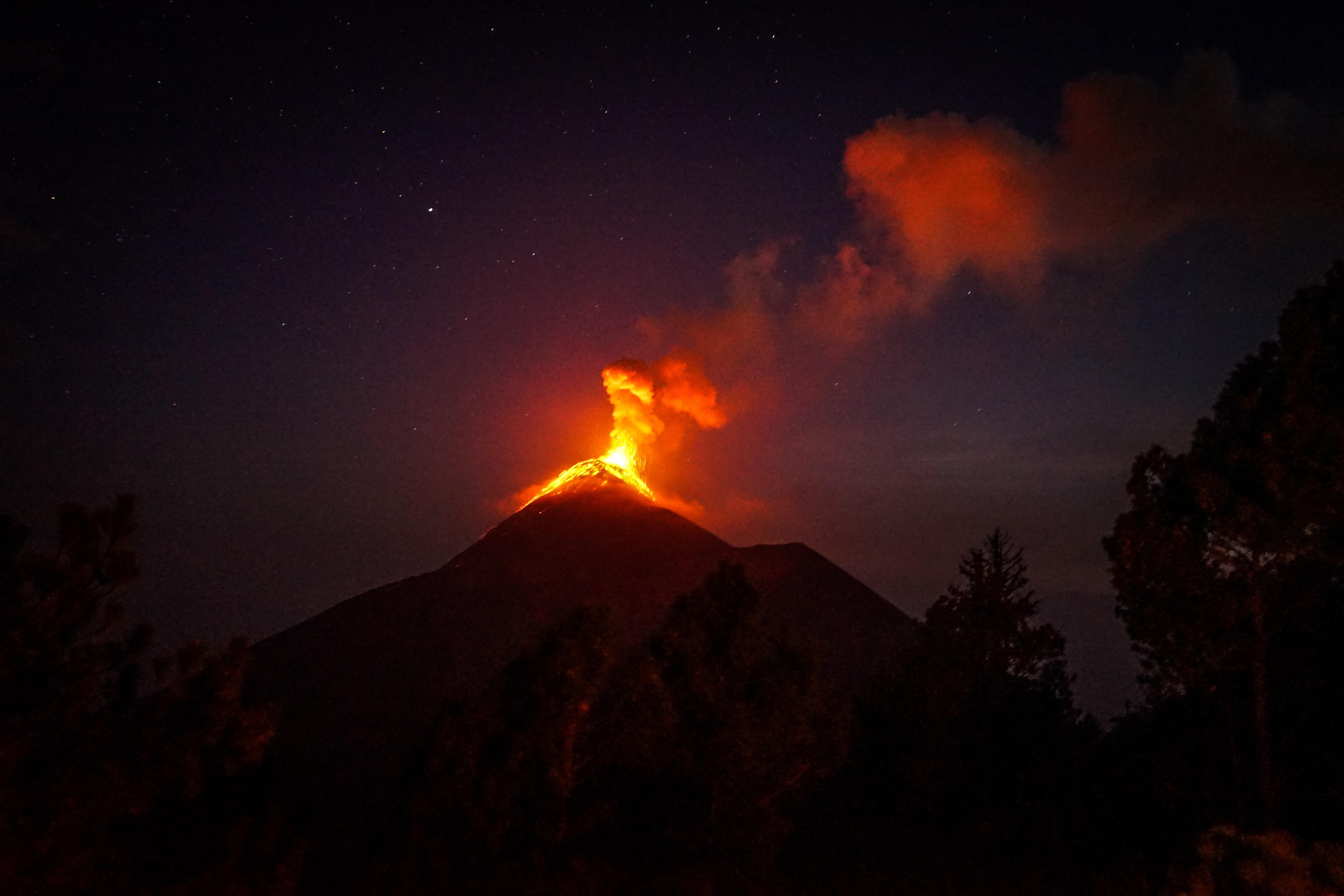earth science
The first nation to make bitcoin legal tender will use geothermal energy to mine it.
As droughts threaten water supplies across the planet, some municipalities aim to utilize an untapped resource: sewage water.
We have pipelines for oil and natural gas. Why not water?
There were at least four major climate catastrophes that reshaped global religion. It could be happening again.
A new study calls the technique “location spoofing.”
Seawater is raising salt levels in coastal woodlands along the entire Atlantic Coastal Plain, from Maine to Florida.
Even with six months’ notice, we can’t stop an incoming asteroid.
A study from Carnegie Mellon University tracks the travels of tarantulas since the Cretaceous period.
A recent study of Iceland’s Krafla volcanic caldera suggests hidden magma pools may be lurking under many of the world’s volcanic systems.
Satellite imagery can help better predict volcanic eruptions by monitoring changes in surface temperature near volcanoes.
The lush biodiversity of South America’s rainforests is rooted in one of the most cataclysmic events that ever struck Earth.
The uptick in Arctic lightning could cause more wildfires, potentially triggering a feedback loop that releases massive amounts of carbon into the atmosphere.
A new study provides a possible scientific explanation for the existence of stories about ancient saints performing miracles with water.
A new study makes a compelling case for the origin of unexplained masses of underground rock causing changes to the Earth’s magnetic field.
How do you get usable phosphorus into a system? A new study suggests lightning can do the trick.
Some scientists believe the lightning-produced frequencies may be connected to our brain waves, meditation, and hypnosis.
Growing marijuana in large, climate controlled warehouses is good for production but has a massive carbon footprint.
Their success is based on us adopting a plant-based diet, too.
A reversal in Earth’s magnetic field 42,000 years ago triggered climate catastrophes and mass extinctions. Can the field flip again?
If we lose our pollinators, we’ll soon lose everything else.
This storm rained electrons, shifted energy from the sun’s rays to the magnetosphere, and went unnoticed for a long time.
Their goal is a digital model of the Earth that depicts climate change in all of its complexity.
A warming Arctic Circle could be responsible for bursts of cold weather in the south.
A study of europium crystals shows the planet was mostly flat during its middle ages.
A new model of plate tectonics offers a chance to look back a billion years with new found accuracy.
A new paper explores how noise from human activities pollutes the oceans, and what we can do to fix it.
Participation in community science programs has skyrocketed during COVID-19 lockdowns.
Some mysteries take generations to unfold.
Researchers devise a record-breaking laser transmission that avoids atmospheric interference.
In a joint briefing at the 101st American Meteorological Society Annual Meeting, NASA and NOAA revealed 2020’s scorching climate data.





























